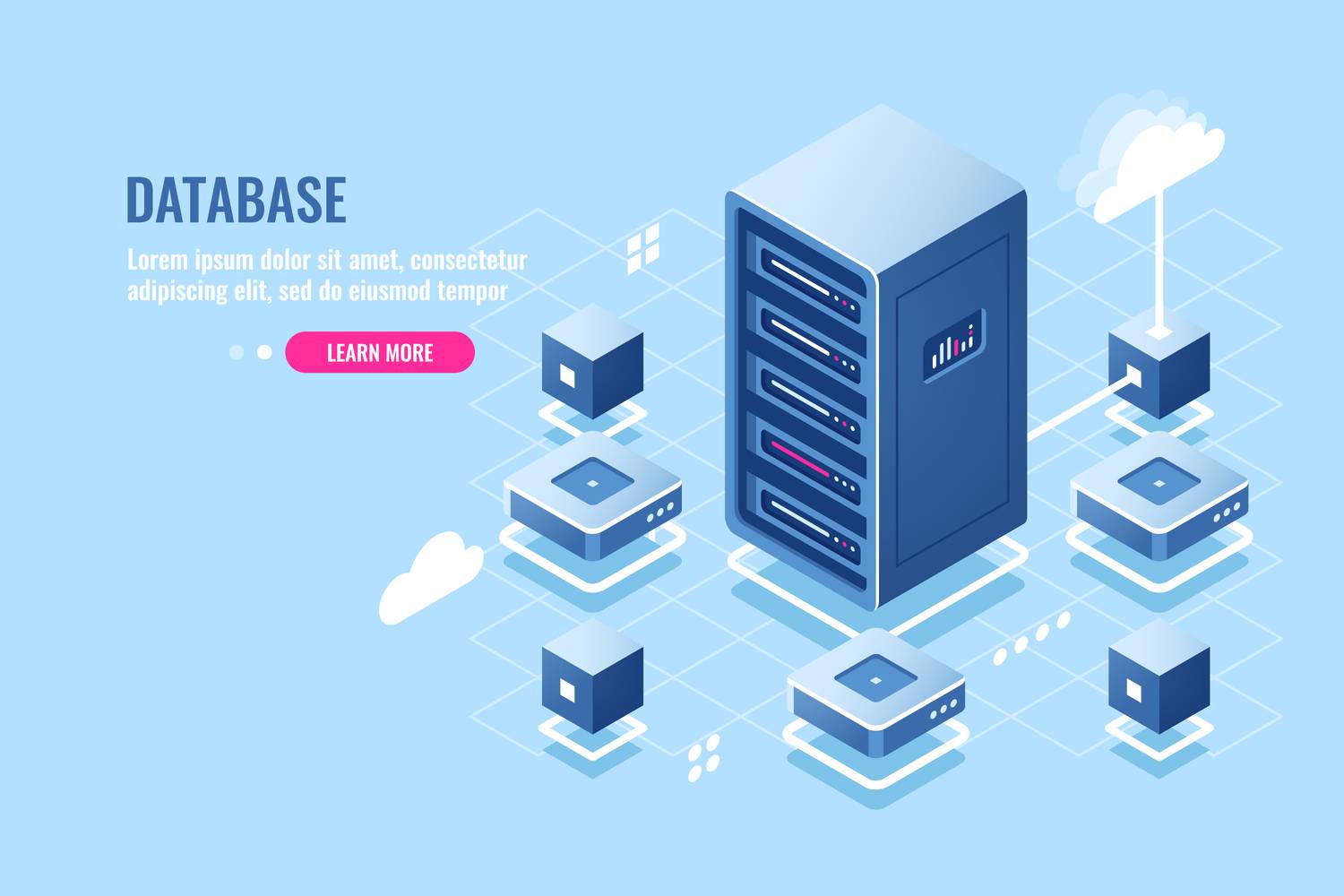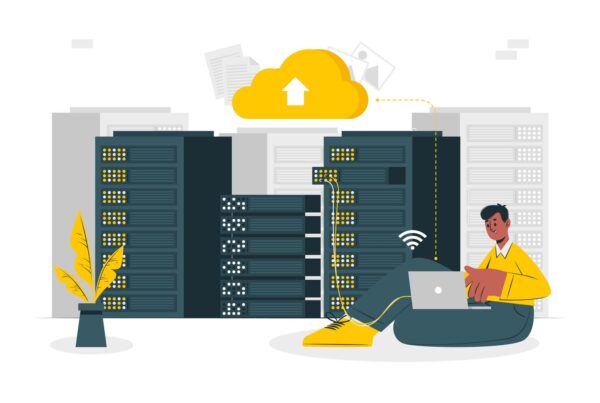In this article, we are going to be looking at the two main types of hosting: shared hosting, and dedicated hosting plan. Before breaking the ice, let’s find out the meaning of shared hosting and dedicated hosting.
What is Shared Hosting?
A Shared hosting plan is a type of plan that allows multiple accounts to use the same space on a single server, all of them using a specified partition allocated to each account.
Advantages of Shared Hosting Plan
• Shared hosting is the cheapest hosting you can get compared to dedicated hosting. Small businesses can easily afford it. You can see most of their price tag from $3 to $10 monthly.
• You won’t need to be a guru in website and server supervision as the hosting providers manage the administration tasks.
• You will get a cPanel and other user-friendly program that can make website management easy.
OK, that was pretty cool, right? Now that you know about it, you also need to know about the downsides as well.
Disadvantage of Shared Hosting
The main downside of shared hosting is that it uses the same server resources. Whenever one of your web sites has a traffic spike, this could affect all available resources on that server, thus triggering the server to turn off.
This implies that your website will decelerate, as well as all other websites that are managed on the same server.
Yes! I know you’re trying to save some bulks by choosing shared server, but you also need to be ready to face challenges that come with shared hosting. Most providers in order to make profits accommodate a lot of websites on the same server. This act alone can lead to the server becoming unstable which will eventually make your site go offline
What is Dedicated Server Hosting?
Dedicated server is usually for big businesses and e-commerce websites that deal with large amounts of traffic. These high traffic sites cannot afford to encounter downtimes which might affect their business. Therefore, they’ve to choose dedicated hosting which promises them infinite data transfer speed, disk space storage, high uptime, exceptional technical support and security.
Benefits of Dedicated Server
• One great advantage of dedicated hosting is that the server can be monitored and configured by your client company which gives you significant amounts of overall flexibility to take care of large traffic spikes.
• This hosting plan has strong tech support team from the hosting company.
• You are also free to create unlimited domains on that server. This feature is particularly suitable for companies having multiple departments or stores. It is a lot more cost-effective for you to choose dedicated hosting rather than renting out separate servers.
Cons for Using Dedicated Server
Surprised that dedicated server has disadvantages? Yes, it does! And it’s our duty to educate our esteem readers in making the right choice before deciding on the best hosting plan to consider for their business.
Maintenance and Cost
One of the key drawbacks of using dedicated server is that it’s more costly than other hosting options. Maintaining and restoring such a server can be a huge challenge to website owners.
Technical Requirements
To be able to set up a dedicated server and deal with sites hosted on it, you need to have comprehensive networking skills and knowledge. Some the things you need to be acquainted with include: IP routing, server mechanisms, MX others, and records. If you don’t want to learn these skills, you can employ the service of a dedicated server administrator to control your server.
Conclusion
Dedicated hosting server is the right option if your website is attracting a whole lot of traffic or must process financial transaction consistently.
If you’re starting a fresh business website, shared hosting or virtual private server (VPS) may be an improved option for you, all you need to do is find a trusted provider.








